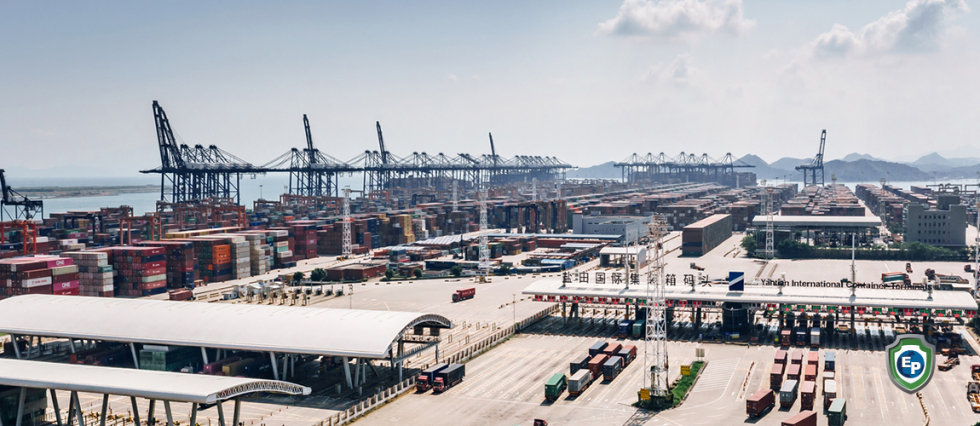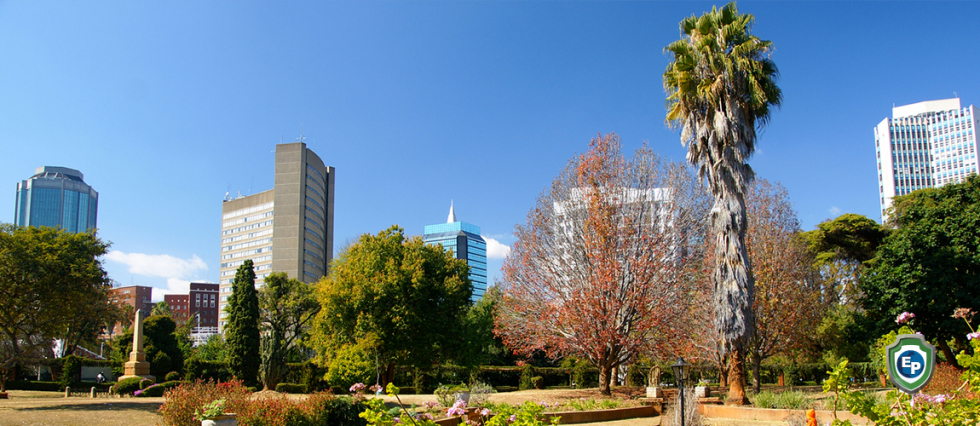The Politics of Sanctions on Zimbabwe
Sanctions are a contentious issue in Zimbabwe and they have been around since before the nation was born and was still called Rhodesia. Read More!

Sanctions have been a contentious issue in Zimbabwe. They have been around since before the nation was born and was still called Rhodesia.
Rhodesia had gone against the international consensus that all men were equal, the Rhodesian government of Ian Smith believed only whites deserved the vote and power. The international community put sanctions on Rhodesia, and they became one of the reasons that Ian Smith relented in the liberation war that birthed Zimbabwe.
When Zimbabwe was born, with equal rights for and, the sanctions were lifted. The lifting of Sanctions was one of the reasons that a young Zimbabwe had substantial economic growth in the early 1980s.
The 1990s came with anemic economic growth and social unrest. A watershed moment for the influential Zanu PF was a democratic vote that didn’t go their way. Not only did they lose the majority, but a new widespread opposition rose called the MDC. To stem the rise of the MDC, the ruling party adopted ruinous populist policies, harassed the judiciary, and disregarded property rights.

The documented violence against the opposition MDC, opposing views, and disregard for human rights gave the western nations, led by the UK, enough reasons to slap sanctions on Zimbabwe. It was during this time that Zanu PF was carrying out its most significant populist policy, the land reform. Zanu PF used the land reform to place itself as a champion for African people by setting a historical imbalance right by taking land from whites and giving it to blacks. In later years, Zanu PF has admitted that the land reform was chaotic and could have been handled better.
Sanctions by the European Union and America were aimed at high-level government officials, Zanu PF, and parastatals. But Zanu PF used its grip on the media to spread the ideas that the sanctions were due to the land reform and were against the entire nation. Although ordinary Zimbabweans could trade and access western markets freely, they become a risk factor for western businesses who were afraid that they could be acting as proxies for those on the sanctions list. Zanu PF acolytes used the denial of service to ordinary Zimbabweans as an example of the nation being on sanctions.
Western nations insisted that the sanctions were against specific individuals and would not be removed till Zimbabwe adopted democratic reforms. As part of efforts to encourage a political settlement between Zanu PF and MDC, the western nations removed some organizations and individuals from its sanctions list. A few of them remained.
In October 2019, the Zimbabwean government declared a national protest against sanctions. They had the backing of SADC. The demonstration was primarily seen as a ZANU PF project and lacked popular support. Western nations insisted on reforms before the sanctions will be removed, and Zanu PF seems set to keep using their existence as the reason for Zimbabwe’s crumbling economy.
Stay Up-To-Date with Export Portal
For the latest information and up-and-coming news in the import/export world, be sure to follow Export Portal! Subscribe to our newsletter today to stay in the loop.






Comments 0